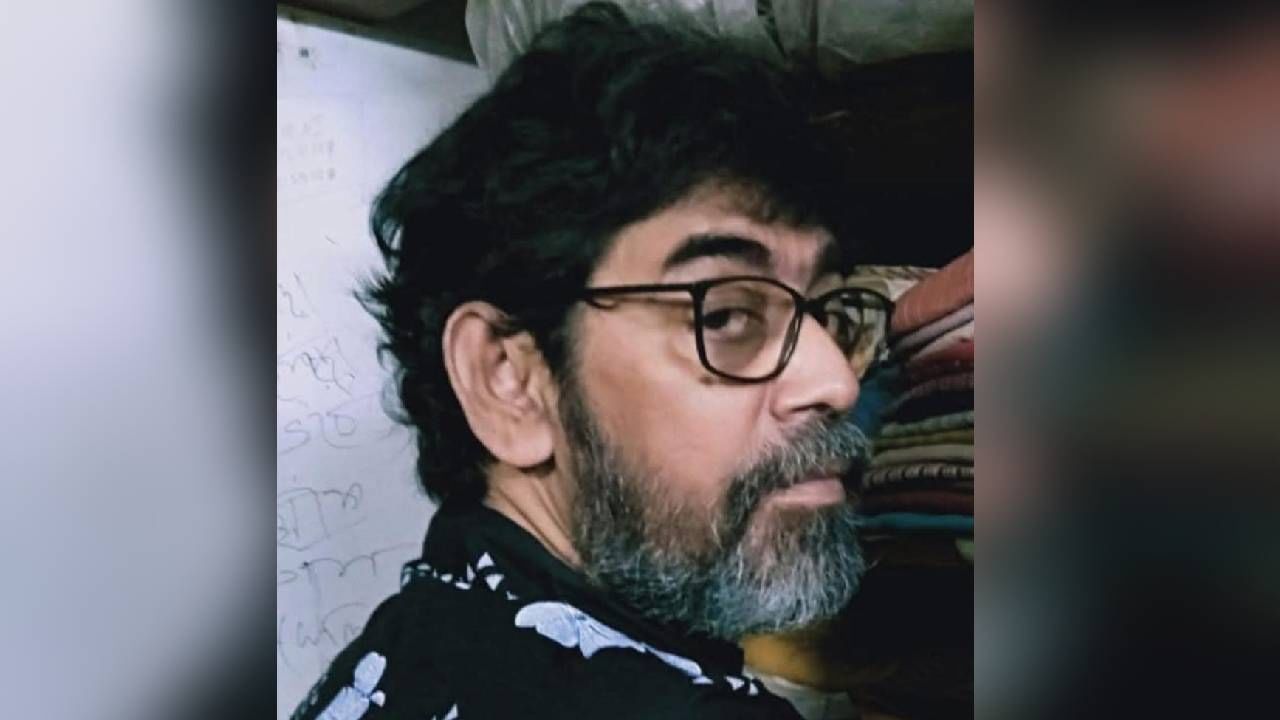Santosh ji, ki bolche?
That familiar call will never come again.
No midweek ping. No crackling voice from a hospital bed. No burst of unfiltered thought shared at lightning speed. Just silence now — aching, expansive, final.
To the world, Rahul Purkayasta was a poet. And not just any poet — a voice that stood tall among the greats of contemporary Bengali literature. A master craftsman of language. A weaver of verses soaked in rebellion, longing, tenderness, and truth.
Six books of poetry, a poetic drama, essays that shaped literary discourse — his was not a loud genius, but one that crept up on you, stayed with you, altered something deep inside you. His work was decorated, and rightly so — Kobi Birendra Chattopadhyay Puraskar, Shakti Chattopadhyay Samman, Bhasanagar Puraskar — the titles came. But Rahul Da never wore them on his sleeve. He simply kept writing. And living.
But to me, he was far more than the sum of his published pages or awards.
He was — how do I say it — one of the last of the true ones. The ones who don’t separate their life from their work. The ones who continue to give, even when their own body is breaking. The ones whose voice, even in pain, carries joy.
Every Wednesday, Rahul Da would go for dialysis. It became routine. His body bent, but his spirit — never. From that very hospital bed, he would still call — to discuss a script, share a line, follow up on a creative thought. And he didn’t do it out of obligation. He did it because he loved it. He believed in it. And maybe that’s why everything he touched — every edit, every idea, every word — carried a warmth, a fragrance, a quiet brilliance. That was the Midas touch of Rahul Da.
I first met him in 2008, when he travelled to Delhi for Zee News’s inaugural Ananya Samman. From that day till yesterday afternoon, we remained connected by a soft, invisible thread — a thread that wasn’t made of constant contact or shared projects, but of mutual respect, strange humour, and an odd, unspoken affection.
Yesterday, that thread broke. And I wasn’t ready.
You see, Rahul Da spoke too fast — always did. In 2008, I couldn’t catch up with him. Three months ago, same story. His thoughts outran his words, and his words outran the listener. But funny thing — I always understood him. Not with my ears, but with my heart. That was our strange and beautiful bond. He didn’t need to explain. And I didn’t need to ask. I just got him.
And now he’s gone.
Yes, life will move on. The world will scroll past. Perhaps only a few of us will pause to remember him — not every day, maybe not even every month. But his craft? That will live on.
Rahul Da’s pen has already carved its place into time. Like a shilalekh etched in stone, his verses will not fade. They will whisper across generations — just like his voice whispered across that weak phone line, across time, across the limits of illness and mortality.
Rahul Da, aap aate jaate rahenge…
But for me — and those who truly knew you — you never left.
To your memory,
I fold my hands.
I bow my head.
And I whisper back — “Bhalo theko, Rahul Da.”
